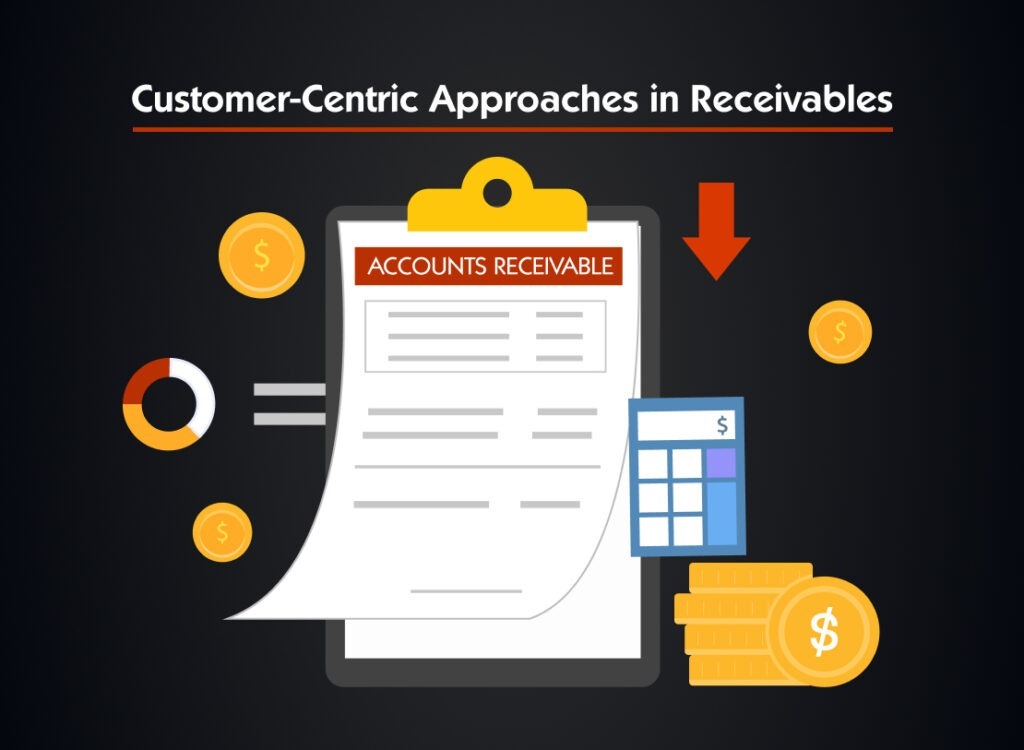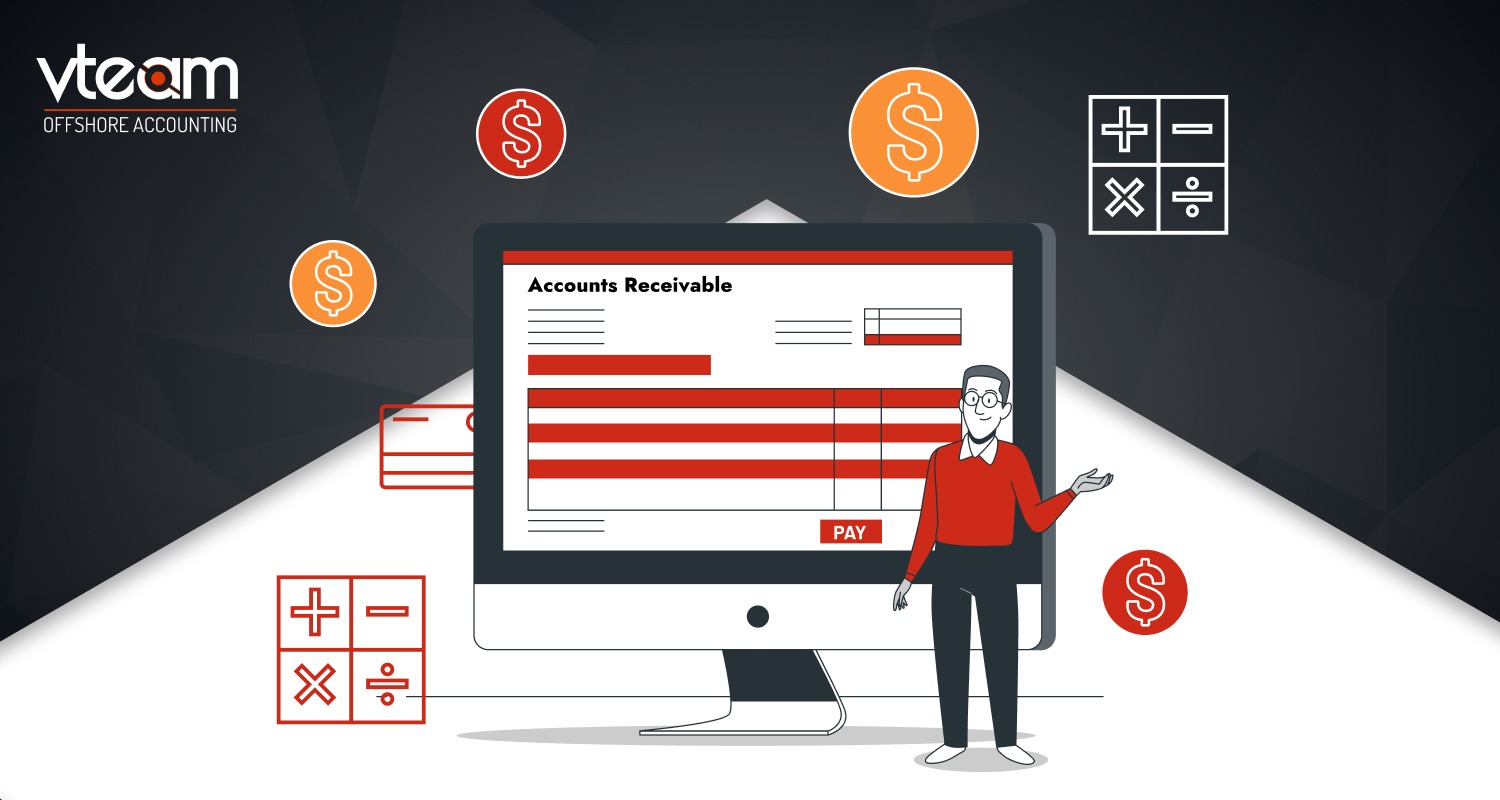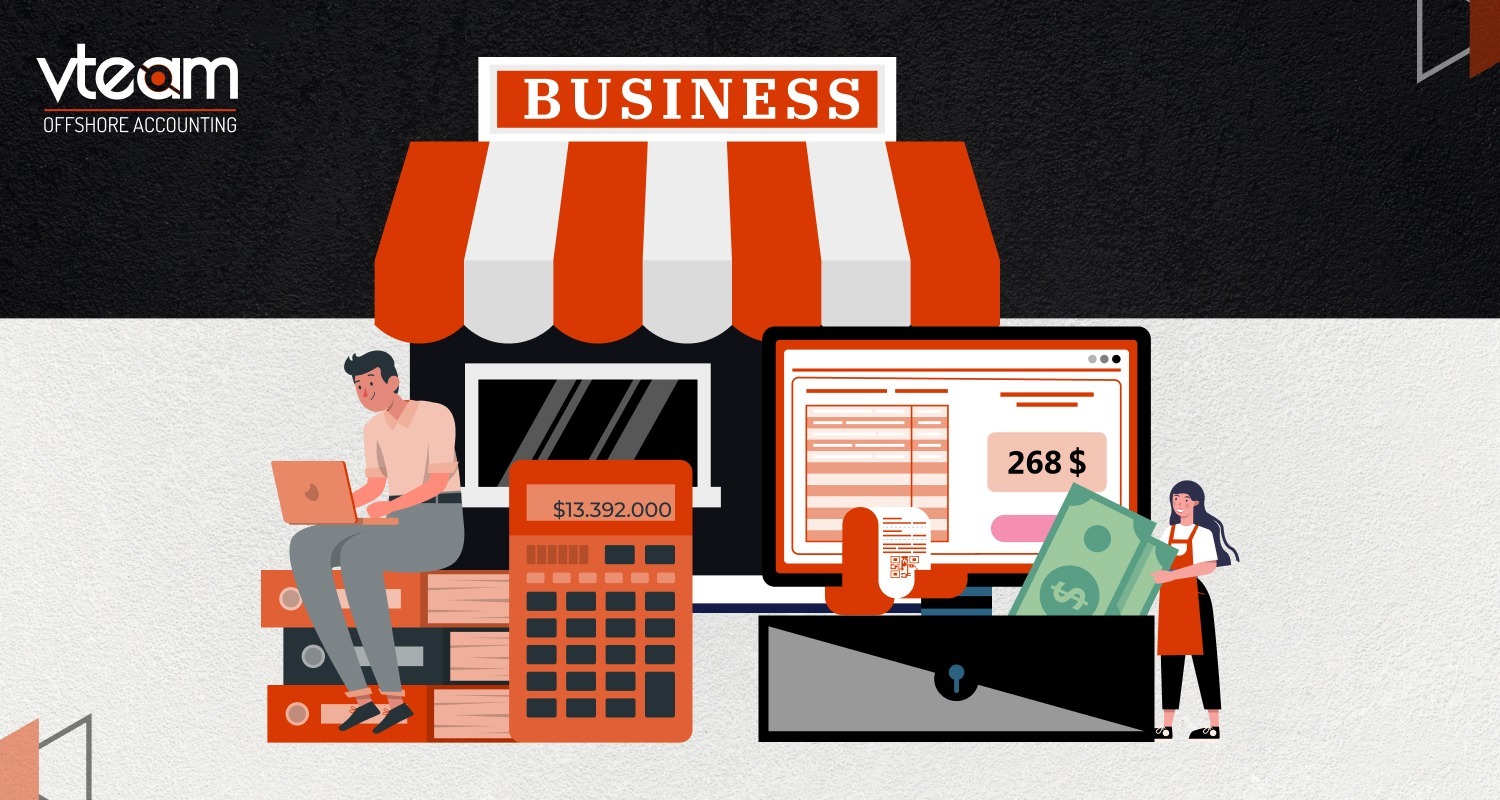An effective management of accounts receivable and payables is critical for sustained financial success. This blog explores the transformative world of receivables management services, emphasizing the growing significance of accounts receivable outsourcing. From the integration of technology to customer-centric approaches, businesses are adopting innovative strategies to streamline financial processes.
The Evolution of Receivables Management Services
The world of receivables management services has witnessed a profound evolution driven by technological advancements and changing business dynamics. Traditional manual methods of managing accounts receivable and payables are gradually being replaced by sophisticated, tech-driven solutions.
Historically, businesses relied on manual invoicing and paper-based processes, leading to inefficiencies, delays, and increased error rates. With the evolution of technology, cloud-based accounting systems, and enterprise resource planning (ERP) software, companies began automating routine tasks. This not only improved accuracy but also accelerated the overall receivables management process.
Moreover, data analytics has played a pivotal role in providing businesses with actionable insights into customer payment behaviors. By leveraging predictive analytics, companies can anticipate payment patterns, identify potential bottlenecks, and optimize their receivables strategies. This shift towards data-driven decision-making has significantly enhanced the efficiency and strategic value of receivables management services.
The Rise of Accounts Receivable Outsourcing
In recent years, the concept of accounts receivable outsourcing has gained traction as businesses seek specialized expertise to streamline financial processes. Outsourcing accounts receivable services involves partnering with external firms that specialize in managing and optimizing the entire receivables cycle.
One of the primary drivers behind the rise of accounts receivable outsourcing is the cost-effectiveness it offers. Outsourcing allows businesses to access skilled professionals and advanced technologies without the need for substantial upfront investments. This approach not only reduces operational costs but also ensures that receivables are managed with a high level of accuracy and expertise.
Furthermore, outsourcing accounts receivable services enables companies to focus on their core competencies while leaving the intricacies of financial management to dedicated professionals. This strategic shift allows businesses to enhance overall operational efficiency, improve cash flow, and allocate resources more effectively.
Integrating Technology in Receivables Management
The integration of technology has become a cornerstone in the modernization of receivables management. Automation tools, artificial intelligence, and machine learning are revolutionizing how businesses handle their financial transactions.
Automation, for instance, streamlines routine tasks such as invoice generation, payment processing, and reconciliation. This not only reduces the likelihood of errors but also accelerates the entire receivables process, leading to quicker cash inflows. Companies can leverage technology to set up automated reminders for payment deadlines, reducing the instances of late payments and improving overall cash flow.
Artificial intelligence is playing an increasingly crucial role in predicting customer payment behaviors. By analyzing historical data and patterns, AI algorithms can forecast when payments are likely to be made, allowing businesses to proactively manage their receivables. This predictive capability is instrumental in optimizing cash flow and supporting strategic decision-making.
Also Read : Best Bookkeeping Software For Small Business Of 2024
Customer-Centric Approaches in Receivables

In the era of receivables management, a paradigm shift towards customer-centric approaches has emerged as a crucial strategy for fostering positive relationships and optimizing payment processes. Recognizing that the customer experience extends to every interaction, including financial transactions, businesses are adopting practices that prioritize customer satisfaction.
Implementing customer-centric receivables practices involves tailoring payment processes to align with customer preferences and needs. This may include providing multiple payment options, creating user-friendly interfaces for online payments, and offering flexible payment terms. By simplifying the payment experience, businesses not only enhance customer satisfaction but also reduce the likelihood of delayed or missed payments.
Moreover, communication plays a pivotal role in customer-centric receivables management. Proactive communication about upcoming invoices, payment reminders, and personalized interactions can significantly improve the customer experience. Companies are leveraging automated communication systems to send timely reminders and updates, ensuring transparency and reinforcing positive customer relationships.
Additionally, a customer-centric approach involves addressing customer queries and concerns promptly. Establishing dedicated customer support channels for billing inquiries and providing clear and accessible information on invoices contribute to a smoother, more customer-friendly receivables process.
Regulatory Compliance and Security Measures
As the financial world evolves, regulatory compliance in accounts receivable and payables processes has become more intricate. Businesses are tasked with navigating a complex web of regulations and standards to ensure legal and ethical financial practices. Staying abreast of these changes and implementing robust regulatory compliance measures is imperative to mitigate risks and maintain financial integrity.
In the context of receivables management, compliance involves adhering to regional, industry-specific, and international financial regulations. This includes but is not limited to tax regulations, data protection laws, and industry standards governing financial transactions. Non-compliance can lead to severe penalties, reputational damage, and legal consequences, making it essential for businesses to prioritize adherence to these regulations.
Simultaneously, safeguarding sensitive financial information is paramount. The rise in cyber threats necessitates stringent security measures to protect against data breaches and unauthorized access. Encryption technologies, secure payment gateways, and regular security audits are integral components of a comprehensive security strategy in receivables management.
The Role of Accounts Receivable Outsourcing Companies
Accounts receivable outsourcing companies play a pivotal role in reshaping how businesses approach financial management. These specialized service providers bring a wealth of expertise, technology, and efficiency to the receivables process.
One of the key advantages of partnering with accounts receivable outsourcing companies is access to specialized skills and knowledge. These firms are equipped with professionals who are adept at navigating the complexities of receivables management, ensuring accuracy, efficiency, and compliance with industry standards.
Furthermore, outsourced accounts receivable services offer scalability and flexibility. As business needs fluctuate, outsourcing allows companies to adjust their receivables processes without the challenges of hiring and training additional in-house staff. This scalability is particularly advantageous during peak periods or business expansions.
Accounts receivable outsourcing companies also contribute to enhanced strategic decision-making. By leveraging advanced analytics and reporting capabilities, these firms provide valuable insights into receivables performance, customer payment behaviors, and areas for improvement. This data-driven approach empowers businesses to make informed decisions and optimize their financial strategies.
Also Read : What Is GAAP In Accounting? What Are Its Standards And Guidelines?
Conclusion
The blog underscores the transformative impact of accounts receivable outsourcing and innovative receivables management services on businesses. The integration of technology, customer-centric approaches, and adherence to regulatory compliance are essential elements in achieving financial success. As companies continue to navigate the ever-changing financial world, leveraging the expertise of outsourced accounts receivable services emerges as a strategic imperative for sustained growth and efficiency.
Transform your financial operations with vteam’s advanced accounts receivable services. Experience efficiency, expert solutions, and a pathway to financial success. Choose vteam for excellence in receivables management.




